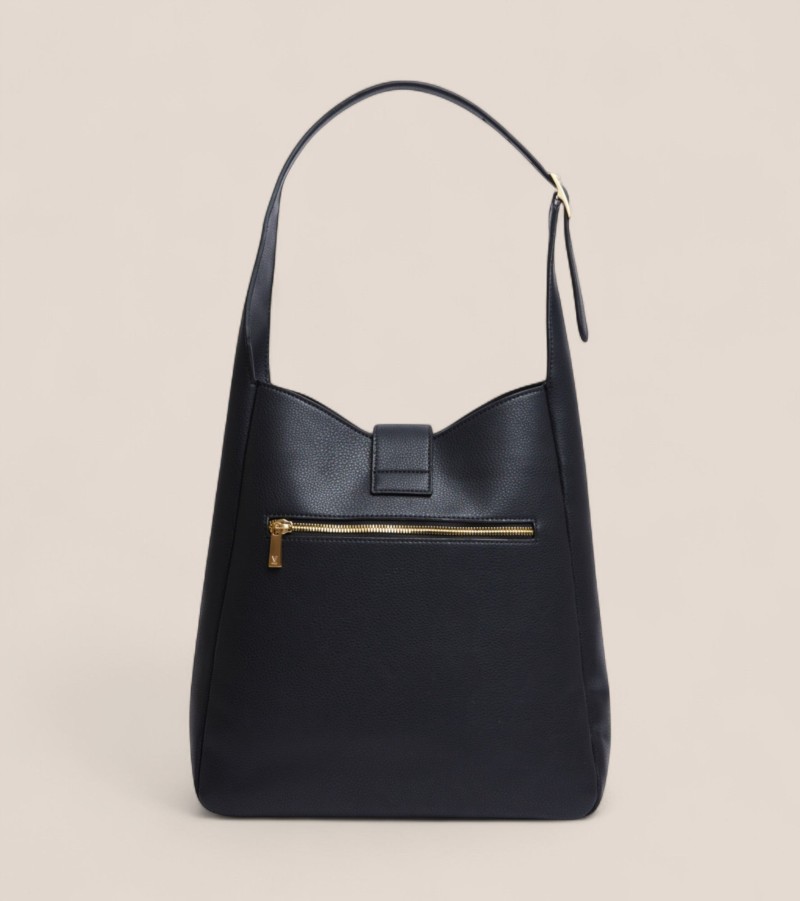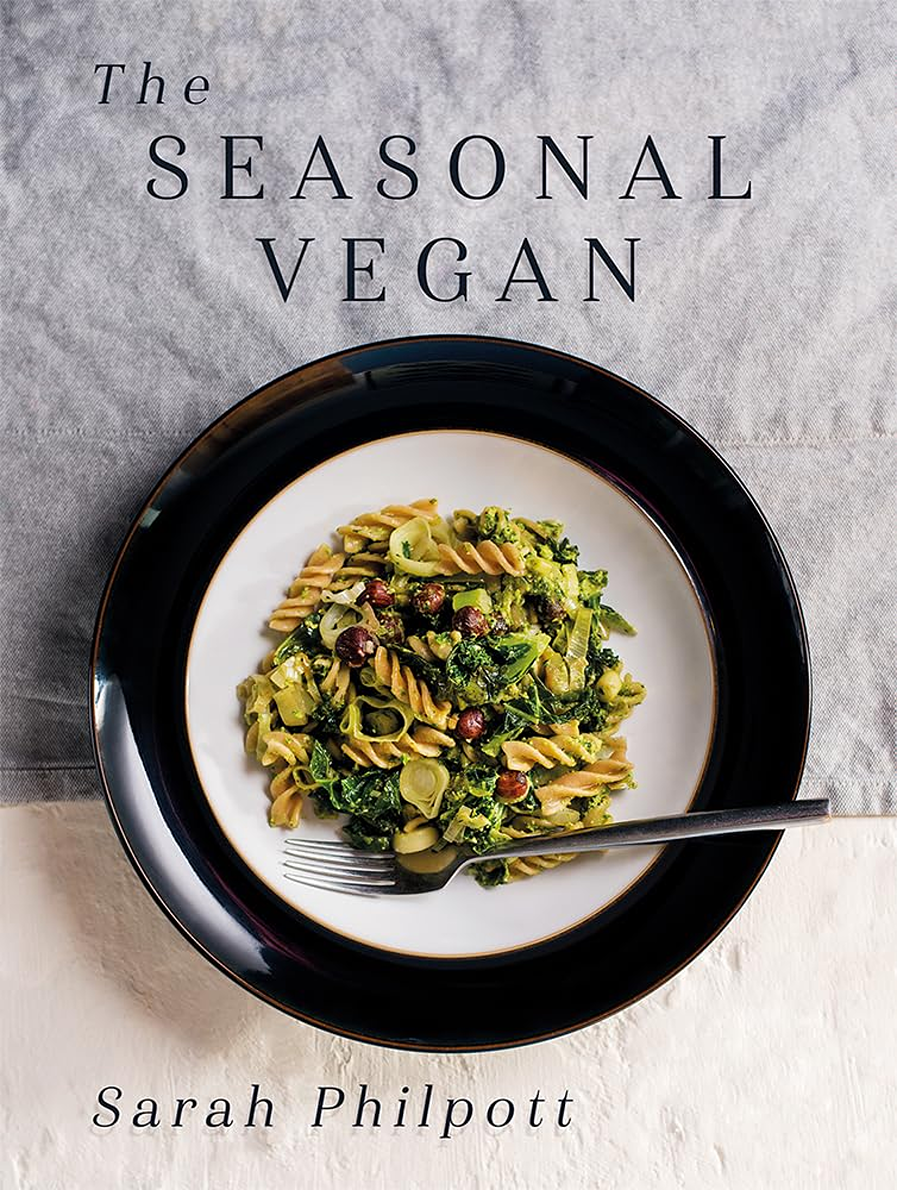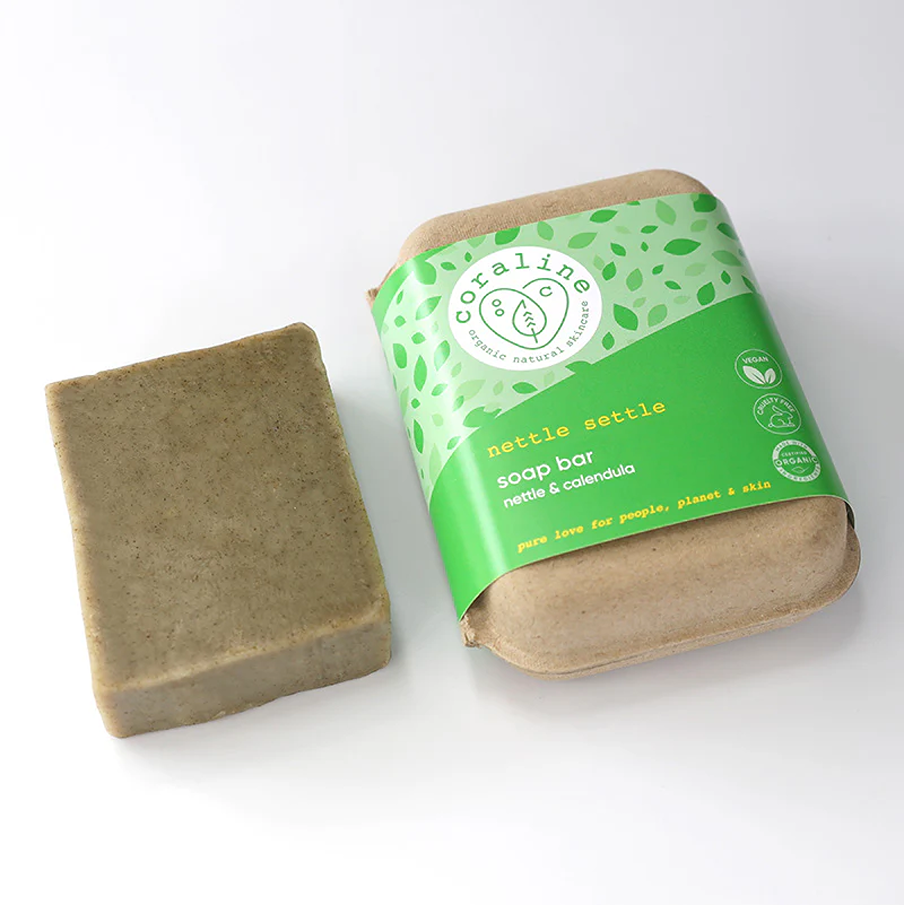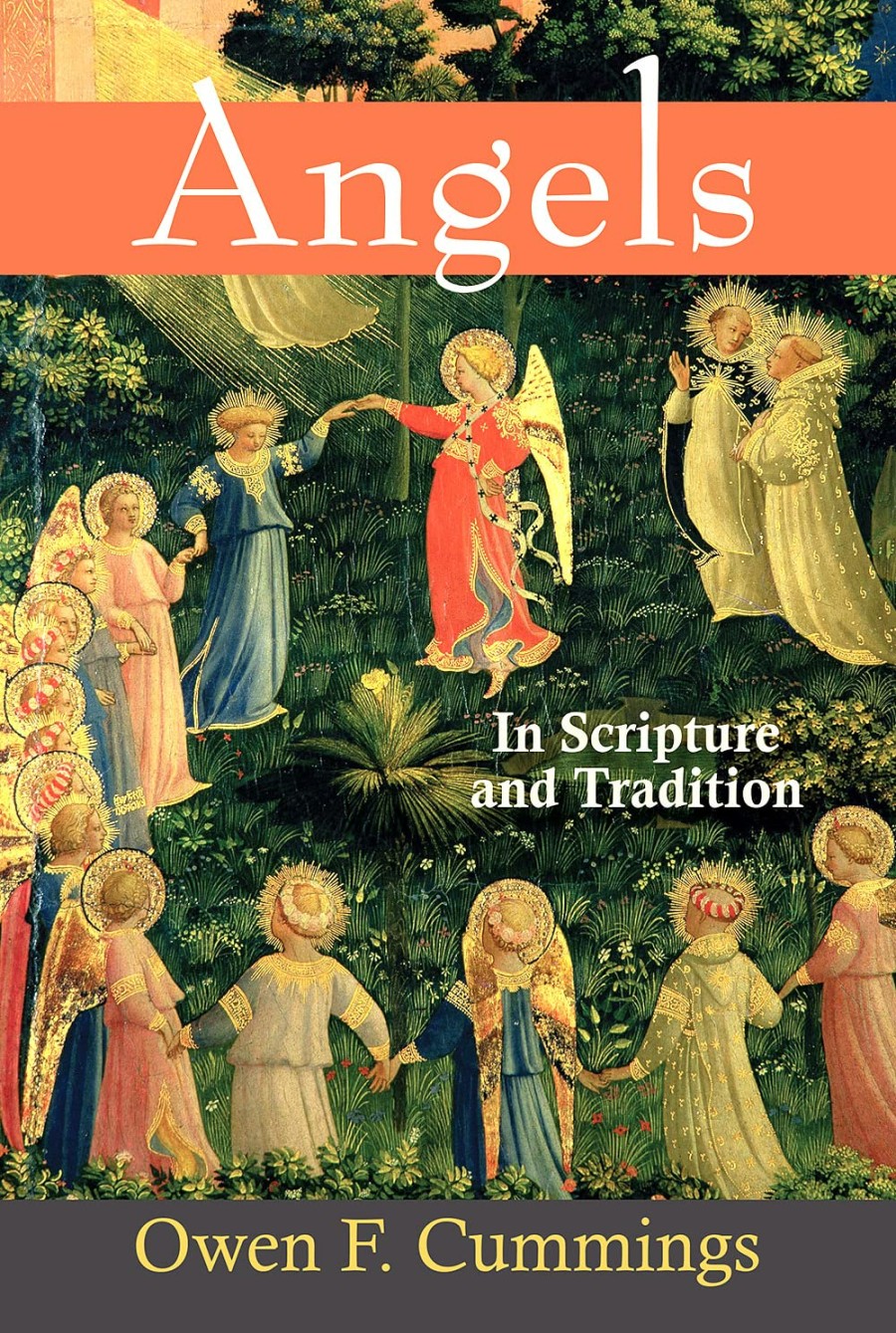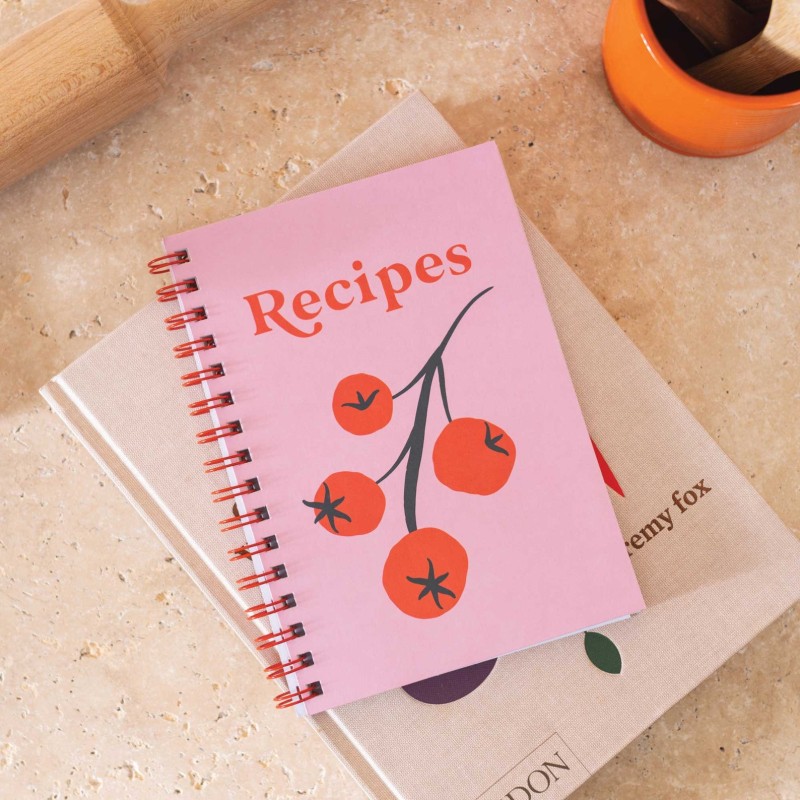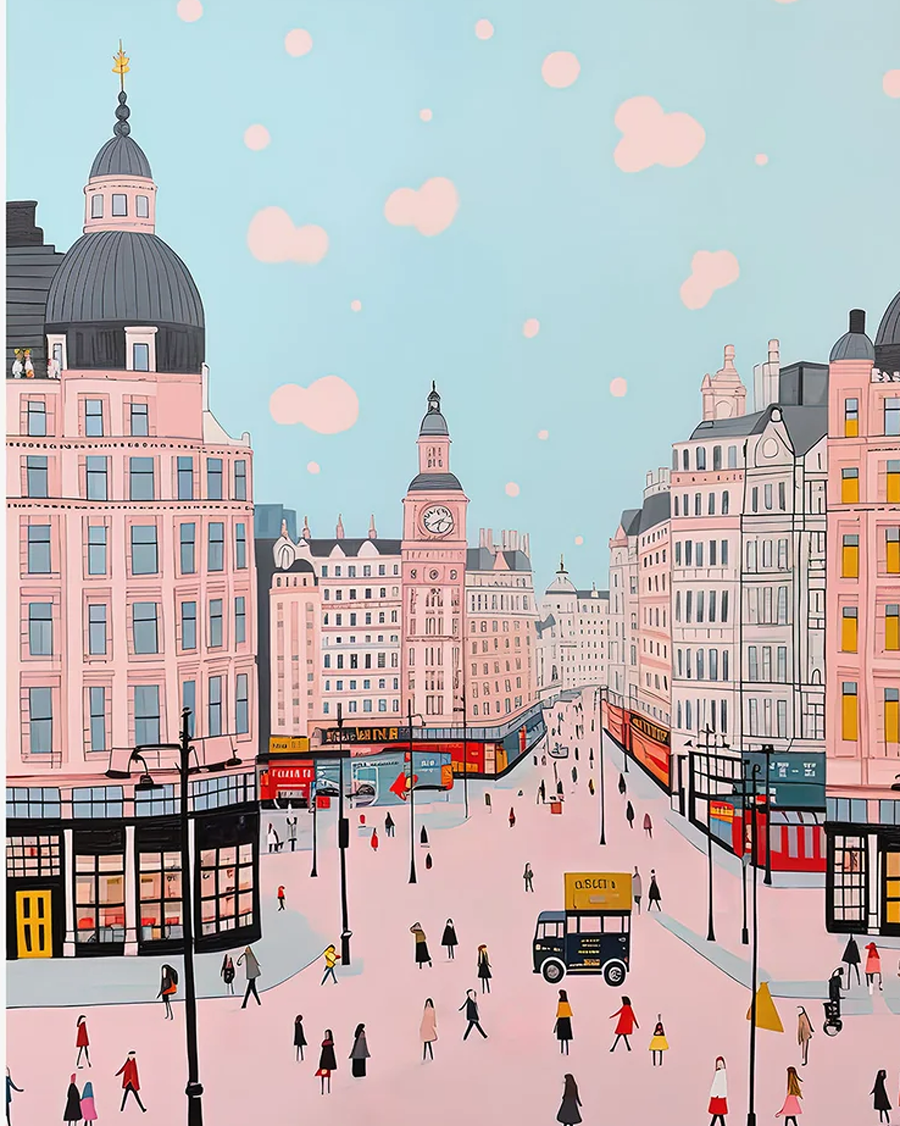Frugi Circular Clothing (to be passed on)
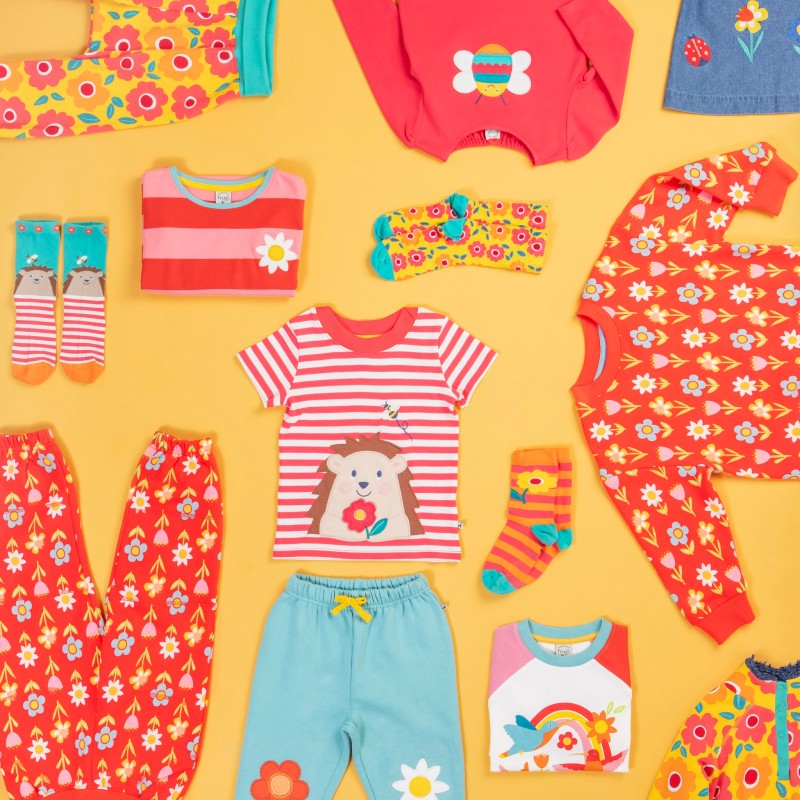
Frugi Circular Clothing offers organic cotton garments to keep in use for as long as possible, then moves them onto new homes or materials, for less waste and better value. Just like your parents and grandparents, clothes can then be passed on to others.
We don’t recommend Frugi footwear, as it’s made with leather, instead choose children’s vegan footwear.
Organic cotton is not just better for the planet, wildlife and water, but also better for the delicate children of skin (especially those with eczema). It also lasts longer, as fibres have not been treated with chemicals. And does not release microplastics in the washing machine.
For any synthetic fibres, launder in a microfiber filter.
It’s important that babies don’t overheat (remove hats, socks and cardigans in warmer temperatures and don’t let babies sleep in car seats). Aneby has excellent posts on dressing babies in layers and dressing babies for sleep. Also find safe sleeping advice at The Lullaby Trust.
On a Budget? Rent Children’s Clothing
Many of the brands below are rented out by companies that let you send back used clothing, to replace with bigger clothing as your child grows. This avoids fashion waste, and enables you to afford good brands, without the hefty price tag.
Bundlee and The Little Loop are two companies and My Wardrobe HQ is a peer-to-peer lending library run by parents and small boutiques. Some libraries, schools and churches may offer similar services.
You can donate clothing to help families in need (Stripey Stork has a nationwide list of clothing banks, to help families in need (read above for safety if donating baby clothing).
What is Circular Clothing?
Circular clothing is a system that keeps garments in use for longer, then returns materials to the loop. It starts with better design and better fibres, continues with repair and reuse, and ends with recycling where possible. Unlike fast fashion, it does not rely on churn. It values quality and careful use of resources.
There is also a clear financial benefit. Durable items outlast cheaper options, so cost per wear drops. Adjustable fits help a jumper or pair of trousers cover more months of growth. A bright, gender-neutral print can move from one child to the next without fuss.
The brand also makes lovely natural rubber wellies for girls and boys in fun styles, with no PVC.

